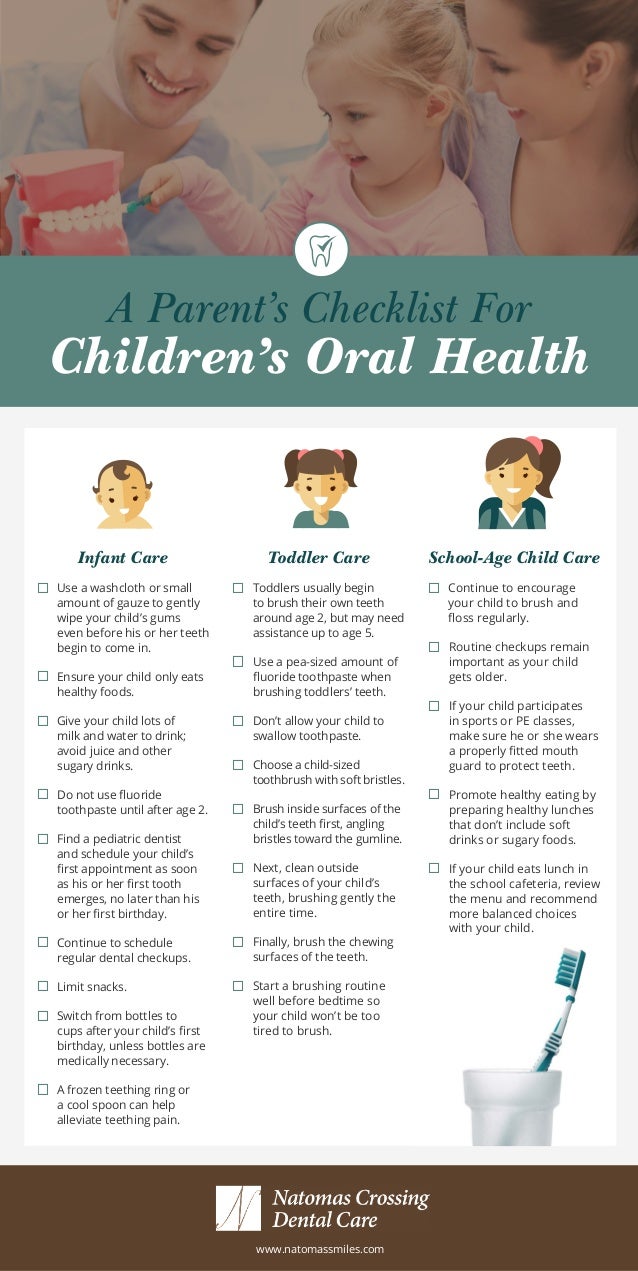The Rising Cases of PCOS – How and Why
The increasing rate of infertility in women has alarmed the scientists all over the world. The leading cause of this emerging problem is a serious endocrine disorder called polycystic ovarian syndrome or PCOS. While PCOS is not a new disorder, the rise in its frequency is definitely a problem. Twenty years ago, PCOS was not so common but today every 1 in 15 women are affected by it. Characterized by irregularities in menstrual cycle, hair loss, acne, and hirsutism, the condition is now inflicting women of all ages especially the teenagers hitting puberty.
How and Why?
Various lifestyle and dietary changes, along with environmental factors are responsible for this tremendous increment. Here are some of the situations discussed in detail:
1. Insulin Resistance
Insulin resistance is a persistent problem of modern age. Consumption of concentrated fructose in huge amounts along with chain smoking, trans fats, obesity, environmental pollutants, and ever increasing stress levels in people has caused insulin resistance. If untreated and unheeded, it can further give way to serious conditions, such as cardiovascular diseases and diabetes.
Insulin resistance increases the levels of insulin, which in turn creates polycystic ovaries by impairing ovulation and causing the ovaries to replace estrogen production with that of testosterone. Since insulin resistance is now an epidemic, so is PCOS. However, not all PCOS patients suffer from insulin resistance, which means there could be other factors involved as well.
2. Birth Control Pills
Women using birth control pills often report irregularities in their periods once they stop using them. For some, their periods stop once they have discontinued the pill. Now in some cases, the women used to have irregularities even before the usage so the pill had only unveiled an issue that was already there. However, if the women had normal periods before the pill but now there are no periods, the pill is without any the doubt the main culprit.
The researchers have not yet found out the actual element in the pill that causes PCOS. They know that pill could cause insulin resistance, which might lead to PCOS. Moreover, the pills control birth by suppressing the communication between pituitary gland and ovaries. However, this suppression should be temporary and stopping the pill should resume normal functioning. Yet, women have been reported to contain higher levels of LH-Pituitary hormone in their blood for months after stopping the pill. That could be the reason behind pill induced PCOS.
3. An Unsound Ultrasound
Apart from the general symptoms associated with PCOS, an ultrasound is often conducted to diagnose PCOS. Neither the symptoms are enough to confirm that a certain woman is suffering from PCOS nor an ultrasound is the ultimate proof of the same. An ultrasound is not enough proof because 25% of normal women are affected by polycystic ovaries and so are those on the pill. Therefore, the number of diagnosed PCOS has been grossly overestimated due to inaccurate test. The more reliable method is to always check for the androgen levels in the blood before making the final diagnosis.
